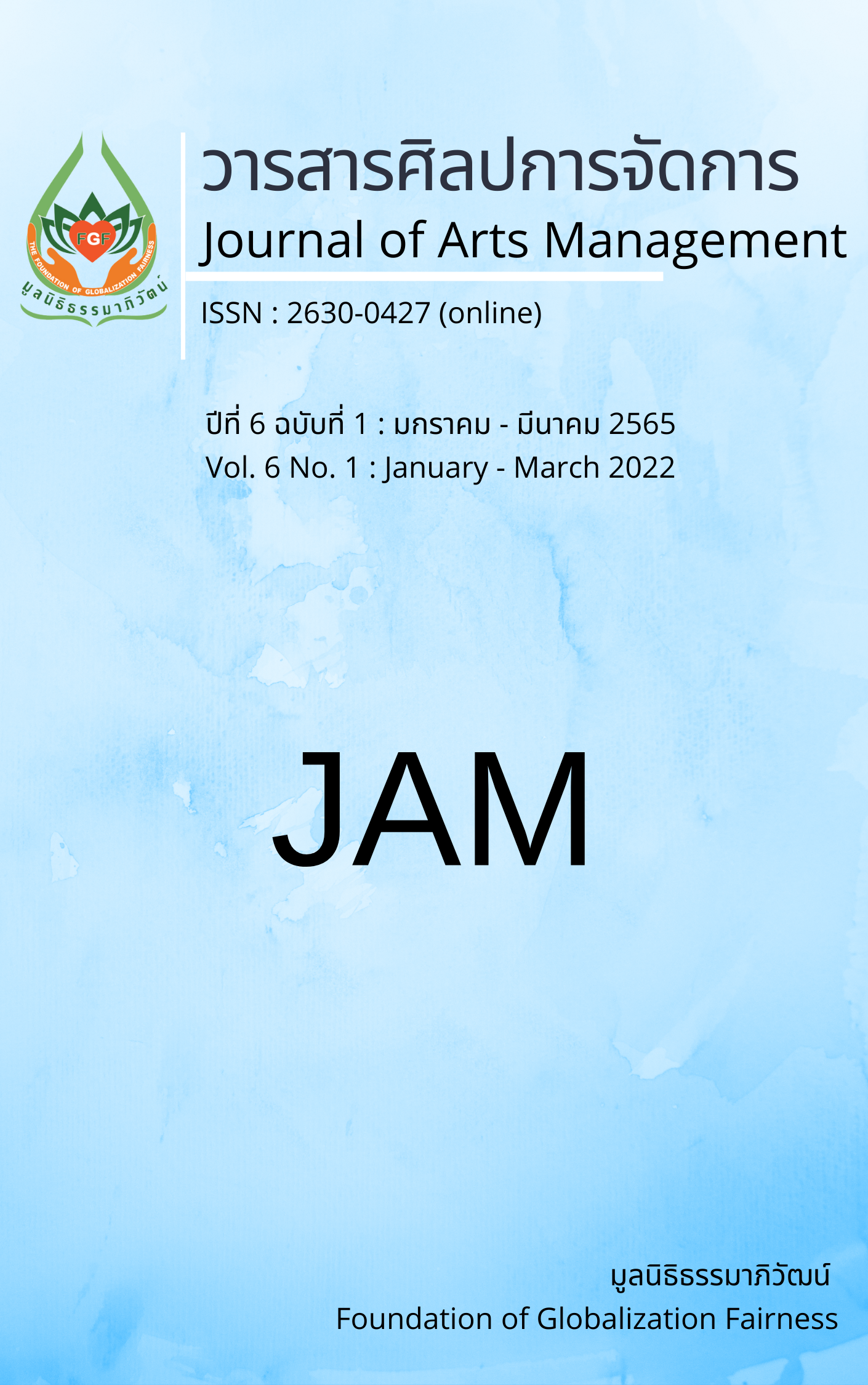Political Leadership Model for Solving Political Conflicts Based on the Buddhist Principles
Main Article Content
Abstract
This research article aimed to 1) study the problems of Thai political conflict, and 2) create a model of Buddhist political leadership to resolve political conflicts. This study was a qualitative research model. Data were collected via interviews. The key informants were academics, politicians, and the public through in-depth interviews with 18 experts by content analysis using the Delphi technique and focus group discussion. Descriptive analysis and presentation of results. The results of the research revealed that
1) The Thai political conflict was caused by different political ideologies, the different pursuits of political power, and prejudice against each other. The political unrest in Thailand was caused by different political ideologies, political power, bargaining power, ideology, and benefits. As for the political conflict in Thailand, political ideology has created different opinions, causing political conflicts arising from political ideology, social inequality, economics, beliefs, and values.
2) The Buddhist political leadership model for solving political conflicts consisted of five main components, which were morality, stability, tranquility, ability, and maturity called the M-STAM MODEL.
Article Details

This work is licensed under a Creative Commons Attribution-NonCommercial-NoDerivatives 4.0 International License.
Views and opinions appearing in articles in the Journal of Arts of Management It is the responsibility of the author of the article. and does not constitute the view and responsibility of the editorial team I agree that the article is copyright of the Arts and Management Journal.
References
Bamrungsuk, S. (2019). Analysis of the election battle - Thai politics in 2019. Matichon Online. https://www.matichon.co.th/politics/special-interview/news_1311896
Chantavanich, S. (2016). Sociological theory (7th ed.). Chulalongkorn University Press.
Damnoen,P. S., Chansongpol,T., Hirunburana,W., & Somthawinpongsai, C., Nanposri, N. (2021). The Guidelines for the Development of Desirable Student Characteristics according to the Navaluk Framework of Buddhapanya Sri Thawarawadee Buddhist College. Turkish Journal of Physiotherapy and Rehabilitation, 32(3), 20476 - 20482.
Fahrendorf, T., Ni, W., Shorroosh, B. S., & Dixon, R. A. (1995). Stress responses in alfalfa (Medicago sativa L.) XIX. Transcriptional activation of oxidative pentose phosphate pathway genes at the onset of the isoflavonoid phytoalexin response. Plant Molecular Biology, 28, 885–900. https://doi.org/10.1007/BF00042073
Filley, A. C. (1975). Interpersonal Conflict Resolution. Scott, Foresman.
Marx, K. (1962). Marx on economics. (Freedman, R., Ed.). Penguin Books.
Phra Brahmagunaphorn (P. A. Payutto). (2009). Inscription of Asoke (Dharma Chakra on the Four Singha's Head) political science of Dhammadhipate. Pallitham Publishing House.
Phra Brahmagunaphorn (P. A. Payutto). (2011). Dictionary of Buddhist (34th ed). SR Printing Mass Products.
Phra Dhammapitaka. (P. A. Payutto). (2003). Leadership: The importance of people development, developing the country. Thammasat University Press.
Potisuwan, J. (2021). Strategic Leader Behaviors. Journal of Multidisciplinary in Humanities and Social Sciences, 4(1), 135-148. Retrieved from https://so04.tci-thaijo.org/index.php/ jmhs1_s/article/view/244890
Punyanupap, S., & Kanchanapakorn, C. (1963). Nammatha River Basin. Local printing House.
Sukhamongkol, S. (2016). Management of political conflicts in Thailand, 2001 – 2012. Kaseam Bundit Journal, 15(1), 39-55.
Suksai, P. (2011). Thai political conflict management 2004-2010. Conflict Management Club of Thailand.
Sumangkalo (Anupan), P.P., Kenaphoom, S., & Phosing P. (2020). Political ethics of the administrators of local administrative orgaizations. Journal of Buddhist Social Sciences and Anthropology, 5(7), 410-426.
Uwanno, B. (2019). Conflicts in Thailand: Causes, effects and solutions. Thairath Online. https://www.thairath.co.th/content/73086
Wattanasap, W. (2007). Conflict: Principles and problem solving tools. Center for Peace and Governance, King Prajadhipok's Institute.
Yenjaima, R., & Suyaporm, S. (2018). Conflict in society: Theory and solutions. Journal of MCU Social Science Review, 17(2), 224-238.


